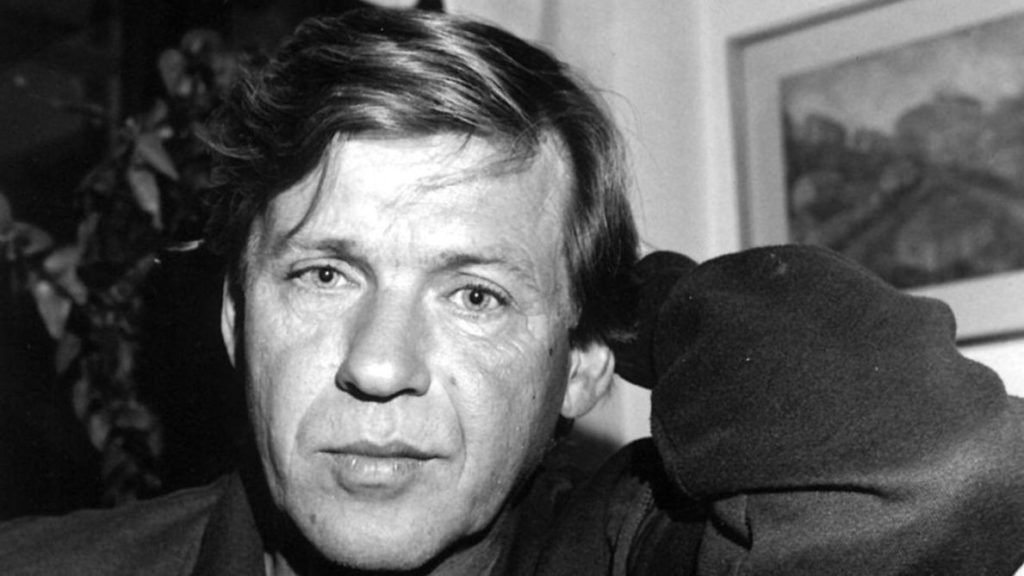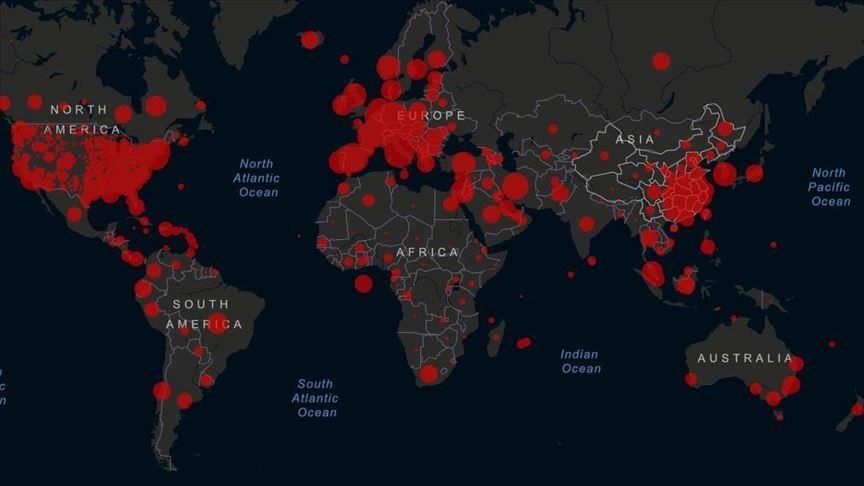Will we see a “new normal” after COVID-19?
History has shown that behavioural change, when a majority of people within a culture recognise a positive need for change, will cause effective changes to take place and often remarkably quickly.
In comparison, for example, dictatorship and the fear of reprisal can secure behavioural change such as accepting that only one political view is correct or what dress codes are permissible and which are not. However, in such cases, once the controlling element has been removed, it is very unlikely that such change will be lasting. The oppressed society will tend to revert to a form of diversity that was normal before the oppression.
I would argue that this tends not to be the case when behavioural change is driven from within as opposed to the force of external law or dictatorship. For example, when Sweden became an extremely anti-smoking nation and its Government also limited many other individual rights, a Danish journalist, Mogens Berendt, in 1982 wrote a much-discussed article “Luk Sverige” (Close Sweden) in Berlingske Tidende, and followed up with a book called “Tilfældet Sverige” (The Swedish Way) – a book that painted a picture of an extremely authoritarian and somewhat dictatorial Swedish Government.

Danes at first seemed in general to put this all down to Swedish authoritarianism. However, not too many years later, Danish society began a very serious public debate about the health dangers of smoking for both smokers and non-smokers (passive smoking).
Today, the result of this behavioural change has been widespread acceptance of the rules and regulations that followed in the wake of this health discussion – even among smokers, who have been forced to accept a smoking ban in most public areas, where it had been customary to accept smoking. Yes, not all smokers are impressed with the social stigma that smoking has become, but they are nevertheless driven to accept that “Danish society” has evolved into a “new normal” with new written and unwritten rules about smoking.

Not long ago, smoking in Denmark was an integral part of accepted cultural behaviour. Smoking was normal behaviour in the street, in public buildings, in cars and in planes. One could even go as far as saying that smoking was a generally accepted social habit giving status. Now, cigarette packets and cigar boxes carry very clear health warnings, and, in some countries like Denmark, they are no longer visible in shops – they are hidden in draws or behind curtains.
The power and effectiveness of this “new normal” has been that the changed behaviour came from within. The rules and regulations came as a result of a behavioural change.
Post COVID-19, in potentially 18-24 months’ time, we may well see new examples of such “new normal” behavioural changes, where the public debate about this pandemic (especially within social media) will evolve into new behavioural changes. Perhaps this evolution will be exacerbated by this being a massive wake up call to the dangers of biological threats.
For example, although global travel is cheaper than ever before, I expect that very many will think twice about where they travel, how far they travel and how they travel. As a behavioural reaction to COVID-19, we could see a dramatic fall in travel and a significant increase in the use of the many of the digital communication tools available.

Just six months ago, could we seriously have imagined that a majority of commercial planes globally would be grounded for an unknown period of time, that countries would close their air space, that borders would be closed globally and that everyone would be sent home for a significant period of time as a protection against a deadly virus.
My prediction is that this “perfect storm” crisis will result in new long-term behavioural patterns. I predict that it will have a social and economic impact that none of us can imagine with massive changes in global travel, global production and social interaction. People will err on the side of caution and those that don’t will risk paying a heavy price for blindly ignoring that this may be a game changing “new normal” with new behavioural challenges.






Dear Mariano
Thank you so much for this very insightful food for thought 🙂